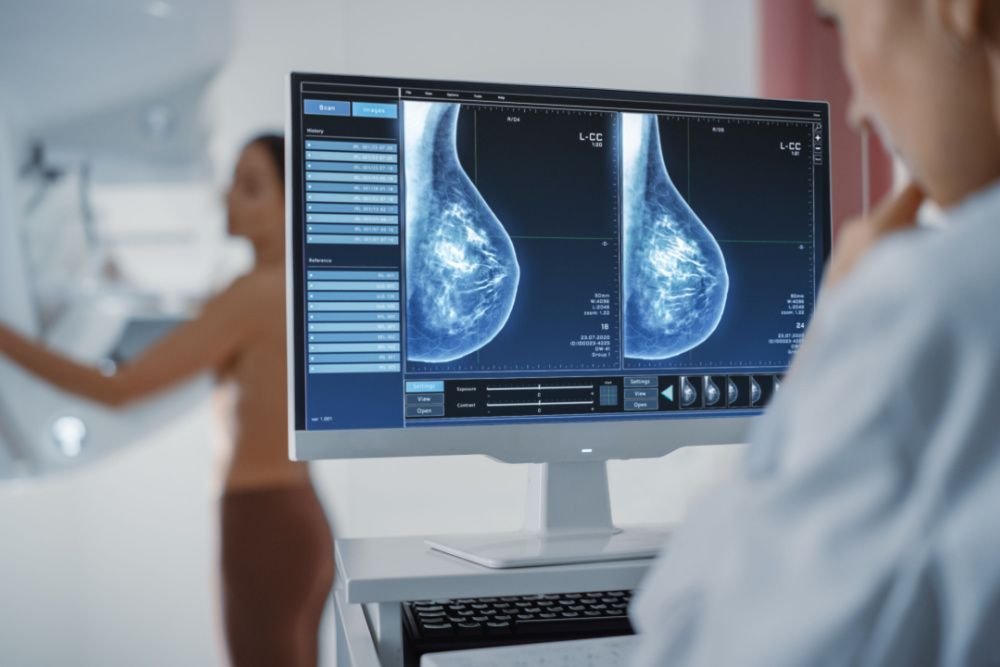Recently, a group of Swedish researchers have shown that AI-supported mammography screening resulted in a similar cancer detection rate compared with readings from medically trained radiologists. The Lancet Oncology published the study’s result on 2nd August 2023.
Previously in February, MCA reported on the impact of ChatGPT and the future of the healthcare industry. Researchers have been putting AI into practice in the past year and some dramatic results have surprised many in the field.
Breast Cancer Detection
Breast cancer is one of the most common types of cancer, and with early detection it’s treatable with usually good prognosis. Mammography is a diagnostic imaging technique specifically designed to examine the breasts and to screen breast cancer. Doctors recommend regular mammograms for women, particularly those over the age of 40. This is because early detection can significantly improve treatment outcomes and increase the chances of successful recovery. However, the age and frequency of mammograms may vary based on individual risk factors and guidelines provided by healthcare organizations.
Between April 2021 and July 2022, the researchers in Sweden recruited more than 80,000 womenl The researchers randomly assigned them to AI-supported screening (by AI programme and radiologist) or double reading (by two radiologists) without AI. The AI group had cancer detection rates of 6.1 per 1000 participants. These rates were above the lowest safety limit. The human group had rates of 5.1 per 1000. Recall rates were 2.2% in the AI-supported screening group and 2.0% in the control group. The false positive rate was 1.5% in both groups. This resulted in 41 more cancers being detected with the support of AI, of which 19 were invasive and 22 were in situ cancers. The AI group saw nearly 37,000 fewer screen readings by radiologists. This was compared to the group receiving standard care. It resulted in a 44% workload reduction for radiologists.
Potential Uses
This is the first randomised trial investigating AI in mammography screening. Therefore, the results it delivers are promising. It can inform new trials and programme-based evaluations. This addresses the shortage of radiologists. Importantly, the AI algorithm is constantly learning and evolving, and may provide even more accurate analysis with improved machine-learning. So far, this randomised trial has proved AI to be a safe tool to use for mammography screening that exceeds the lowest acceptable limit for safety without increasing rate of recalls or false positives, while significantly reducing the workload of radiologist.
AI could help to detect breast cancer. Also, it can help to detect high risk of future breast cancer based on current mammograms. This is something doctors aren’t able to do, according to Dr. Laura Heacock, a breast radiologist at NYU Langone Perlmutter Cancer Center. She was not involved with the new study. Dr Heacock told CNN that:
“AI algorithms are more flexible and trained with much more cutting-edge deep neural networks that allow advanced feature recognition and application, and they are cross-trained on all the commercial models, and the research models are externally validated. An AI model looks at an image differently than a human eye would, is trained on different material and can give different predictions based on what it can and cannot see.”
There are many benefits of AI, one of which is delivering lesser human error. Additionally, it is more experienced than most junior doctors thanks to its mega set of data training. It’s a valid and promising add-on to doctors’ growing toolbox.












